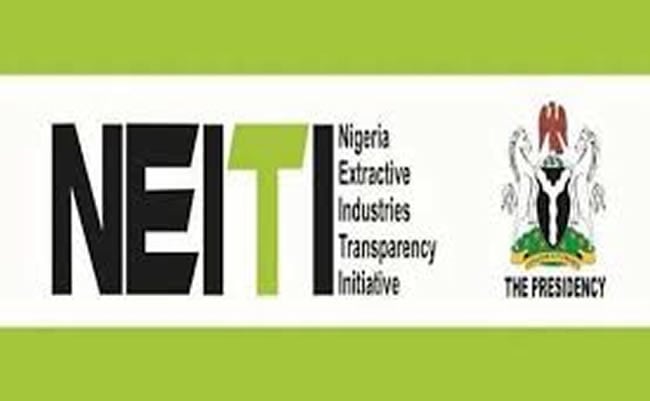The Nigeria Extractive Industries Transparency Initiative (NEITI) has publicly endorsed the Federal Government’s recent revocation of 1,263 mineral licenses. This decisive action, spearheaded by the Minister of Solid Minerals Development, Dr. Dele Alake, targets operators who have failed to fulfill their statutory obligations, including the payment of fees and adherence to operational guidelines. NEITI characterized the move as bold, timely, and directly aligned with its own audit findings, which have consistently exposed widespread non-compliance within the mining sector. This revocation impacts a significant portion of the industry, encompassing 584 exploration licenses, 65 mining leases, 144 quarry licenses, and 470 small-scale mining leases. This latest action brings the total number of revoked licenses under the current administration to a staggering 3,794, demonstrating a firm commitment to enforcing accountability within the extractive sector. This figure includes 619 licenses previously withdrawn for non-payment of service fees and another 912 revoked the previous year due to inactivity.
NEITI’s strong support for the government’s action stems from its consistent reporting on the pervasive issue of non-compliance among mining title holders. The agency’s reports have meticulously documented the substantial revenue loss incurred by the government due to unpaid fees and royalties. The 2023 Solid Minerals Industry Report, for instance, revealed a staggering N680.3 million owed by 1,619 companies. This pattern of non-payment is not a recent phenomenon; NEITI’s 2021 report highlighted N1.06 billion in outstanding dues from 238 companies, while the 2020 report uncovered an even larger sum of N2.76 billion owed by over 2,000 companies. Even earlier reviews pointed to similar trends, with N654.28 million owed by 233 companies. This accumulation of unpaid dues over several years paints a clear picture of systemic non-compliance within the sector, significantly hindering its potential contribution to national development.
Dr. Ogbonnaya Orji, Executive Secretary of NEITI, emphasized the gravity of this situation, highlighting that the persistent non-compliance undermines revenue collection and erodes investor confidence. He views the license revocations as a crucial step towards establishing a stronger regulatory framework, sending a clear message that mineral titles are not to be treated as speculative assets but rather as instruments tied to specific obligations. The government’s decisive action aims to curb the practice of hoarding licenses and promote responsible utilization of mineral resources. This intervention is intended to create a more transparent and accountable environment, attracting credible investors who are committed to genuine exploration and mining activities.
NEITI contends that enforcing compliance is not merely about increasing government revenue, although that is a crucial aspect. It also serves to strengthen transparency and accountability across the mining sector. The agency emphasizes that the billions of naira lost annually due to unpaid fees and royalties represent crucial resources that could be channeled towards critical national priorities. These funds could be utilized to improve infrastructure, enhance educational opportunities, bolster healthcare services, and contribute to overall national development. By ensuring that companies fulfill their financial obligations, the government can unlock significant funding for these essential areas.
Furthermore, NEITI argues that strict enforcement and sanctions, such as license revocations, act as a deterrent against future defaults. By holding companies accountable for their actions, the government can instill a culture of compliance and responsible resource management. This will not only benefit the government’s coffers but also create a more stable and predictable investment environment. By creating a level playing field where all operators adhere to the rules, the sector can attract more legitimate investors who are committed to sustainable mining practices.
The revocation of these licenses also serves another important purpose: freeing up valuable mining assets for credible investors. By removing inactive or non-compliant operators, the government creates opportunities for companies with the necessary financial resources and technical expertise to take over these assets and develop them responsibly. This influx of new investment and expertise can revitalize the sector, boosting productivity and creating more jobs. Ultimately, the government’s actions are aimed at transforming the mining sector into a more efficient, transparent, and sustainable engine of economic growth. This will not only generate more revenue for the nation but also ensure that the benefits of mineral resource exploitation are shared equitably and contribute to long-term national development.














